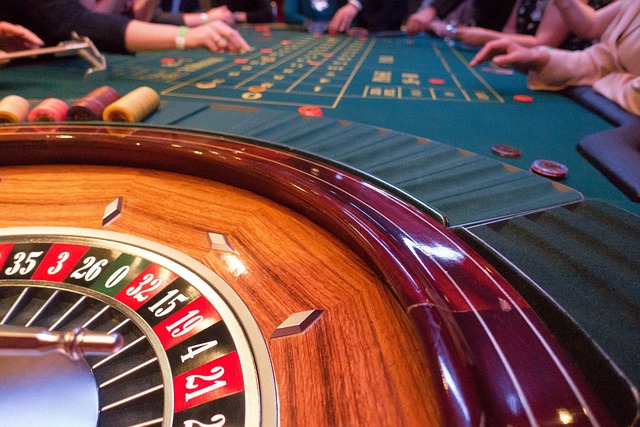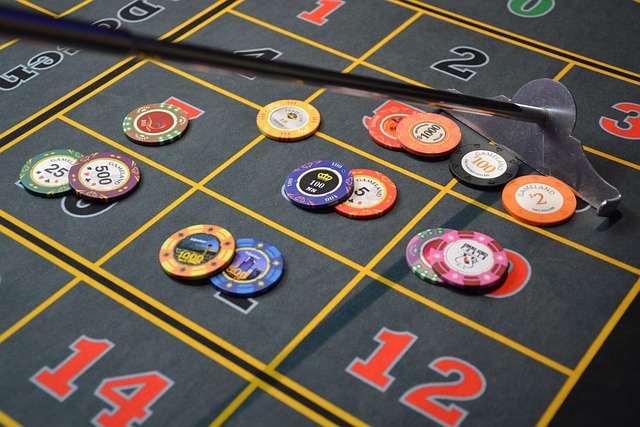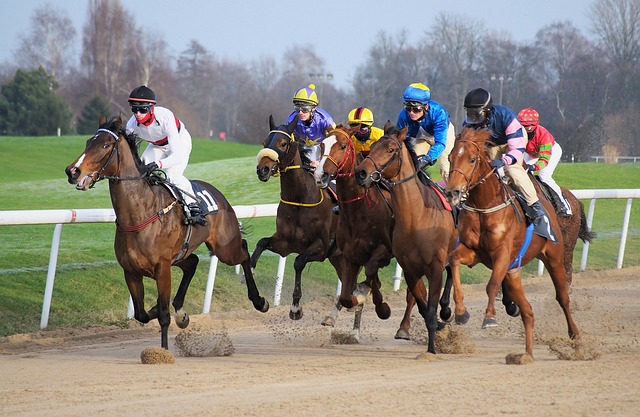Casinos offer a thrilling combination of chance and strategy, drawing in players with the prospect of winning big. However, understanding the difference between games that require skill and those that rely mostly on luck is key to having an enjoyable and potentially rewarding experience. This guide explores which casino strategies work and which outcomes are purely based on luck, helping you make informed choices whether you’re playing at a physical casino or through an online platform like 20Bet.
Games of Skill vs. Games of Chance
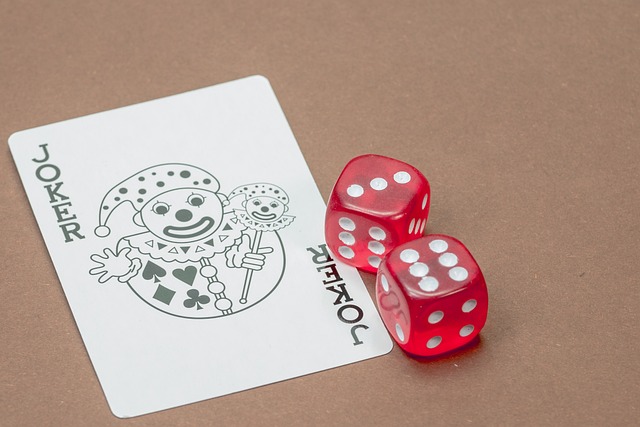
Casino games can generally be divided into two categories: games of skill and games of chance. Games of skill require knowledge, strategy, and decision-making, giving players more control over the outcome. On the other hand, games of chance rely almost entirely on luck, meaning that no amount of strategy can significantly alter the result.
Some popular examples of games of skill include blackjack and poker, where players can influence the game’s outcome through strategy. In contrast, games like slot machines and roulette are purely games of chance, with outcomes determined by random number generators or probability, leaving players with little control.
Effective Strategies for Games of Skill
In games that involve skill, employing the right strategy can improve your odds of success. Here are a few strategies that work in some skill-based casino games:
- Blackjack: In blackjack, players aim to beat the dealer by getting as close to 21 as possible without going over. Basic strategy charts, which outline the optimal move for every possible hand, are a widely accepted method to increase your chances of winning. Card counting, although more complex and often frowned upon by casinos, is another method that skilled players use to keep track of high and low-value cards, potentially giving them an edge over the house.
- Poker: Poker is one of the most skill-intensive games in any casino, where bluffing, reading opponents, and understanding probabilities all play a crucial role. Unlike blackjack, where players only face the dealer, poker involves competing against other players, making it more challenging but also rewarding for those with strong skills and experience.
- Baccarat: Although baccarat is largely a game of chance, certain betting strategies, like the Martingale system (doubling bets after losses), are commonly used. While this can be effective in the short term, it’s risky and doesn’t alter the game’s underlying probabilities.
Luck-Based Games and Why Strategy Doesn’t Work
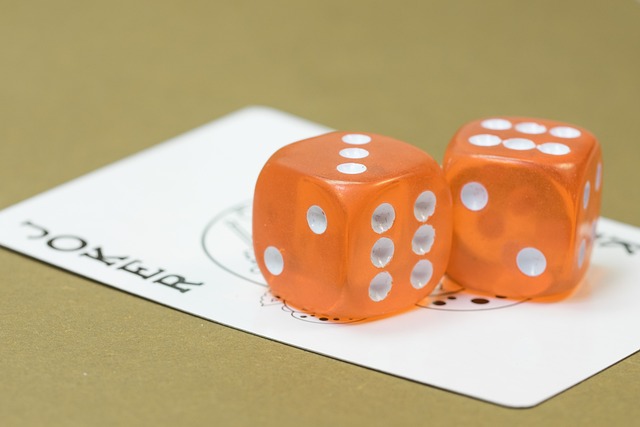
In games of pure chance, strategies have little to no impact on the outcome. Here are a few examples:
- Slot Machines: Slots are based entirely on random number generation, meaning each spin is independent of the previous ones. While choosing machines with higher payout percentages may slightly improve your chances, there is no strategy that can influence the outcome.
- Roulette: While some players employ betting systems like the Martingale in roulette, these don’t alter the probability of winning. Each spin is independent, and the outcome is purely luck-based, making it impossible to predict the results or influence them.
- Craps: In craps, players roll dice to achieve certain outcomes, but once the dice are thrown, luck takes over. Although there are optimal ways to place bets, the dice outcome is ultimately random.

